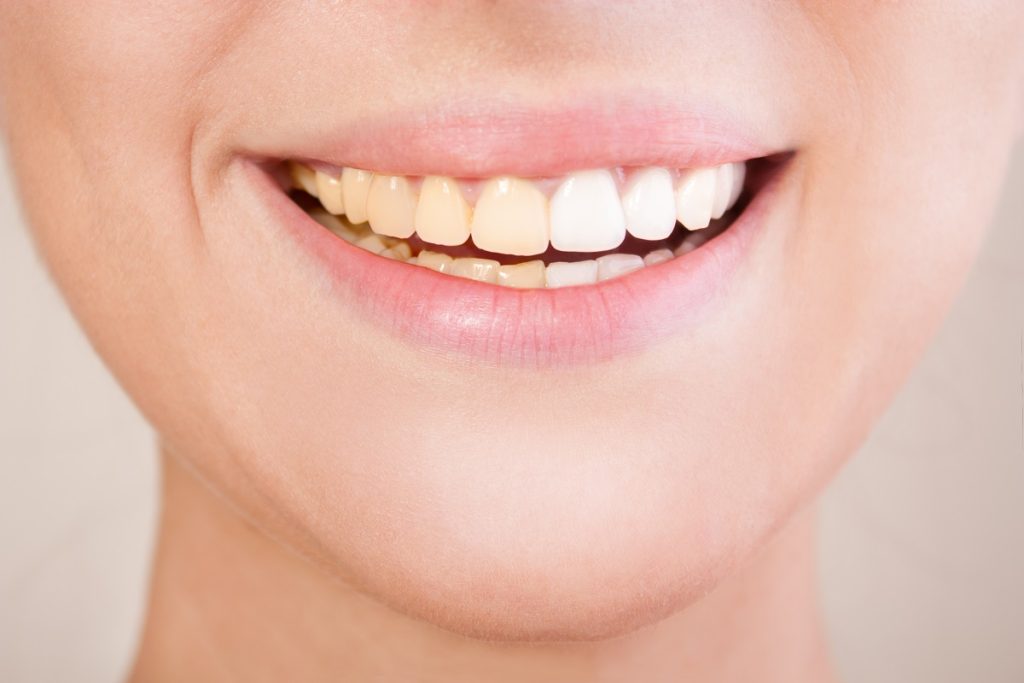If you’ve never had your teeth polished by a dentist, you may be wondering what it is and why you might need it. Tooth polishing is a dental procedure that leaves your tooth enamel glossy and smooth. It’s a standard part of a routine cleaning appointment for many with a hygienist Richmond. Tooth polishing doesn’t just have a cosmetic benefit for your teeth – it can also freshen your breath and help you avoid tooth decay. In this blog post, the benefits of tooth polishing will be explored, and some common questions about this procedure will be answered.
What is tooth polishing?
Tooth polishing is the process of removing stains and discolouration from teeth. It can be done at home with a specialised toothbrush and abrasive toothpaste or at a dental clinic with professional equipment. Tooth polishing can make teeth look brighter and feel smoother.

The high lustre finish is not just about keeping those pearly whites gleaming. The glass-smooth surface makes it harder for bacteria to adhere themself to the enamel and cause cavities or gum disease.
Although tooth polishing can be done at home, it is best to have it done by a professional. They will have the proper equipment and techniques to ensure that your teeth are polished correctly and evenly, with minimal loss of enamel.
FAQs about tooth polishing
Q: How often should I get my teeth polished?
A: Ideally, you should have your teeth professionally polished every six months. However, some people may need to have their teeth polished more frequently if they are prone to developing tartar buildup.
Q: Will tooth polishing make my teeth sensitive?
A: Some people will experience temporary sensitivity after having their teeth polished. However, this sensitivity should go away within a few days.
Q: How can I prevent tartar buildup?
A: You can help prevent tartar buildup by brushing and flossing your teeth regularly and getting your teeth professionally cleaned every six months. Additionally, you can try using tartar-control toothpaste.
Q: What is the difference between teeth cleaning and teeth polishing?
A: Teeth cleaning involves removing plaque and tartar from the surface of your teeth. Teeth polishing involves using a special tool to buff away any stains or discolouration on your teeth. Both procedures are typically done as part of a scale-and-polish.
Q: How much does tooth polishing cost? Is it available on the NHS?
A: The cost of tooth polishing varies depending on the clinic. Many clinics offer a discount for new patients, or it may be included as part of the initial consultation upon joining. So be sure to ask about that when you call to schedule an appointment. Yes, tooth polishing is available on the NHS.
Q: I’ve never had my teeth polished before. Is it painful?
A: No, tooth polishing is not painful. You may feel a little pressure when the hygienist polishes your teeth, but it should not be painful.
Q: Do I need to do anything special to prepare for tooth polishing?
A: No, you do not need to do anything special to prepare for tooth polishing. Just brush and floss your teeth as you normally would.

